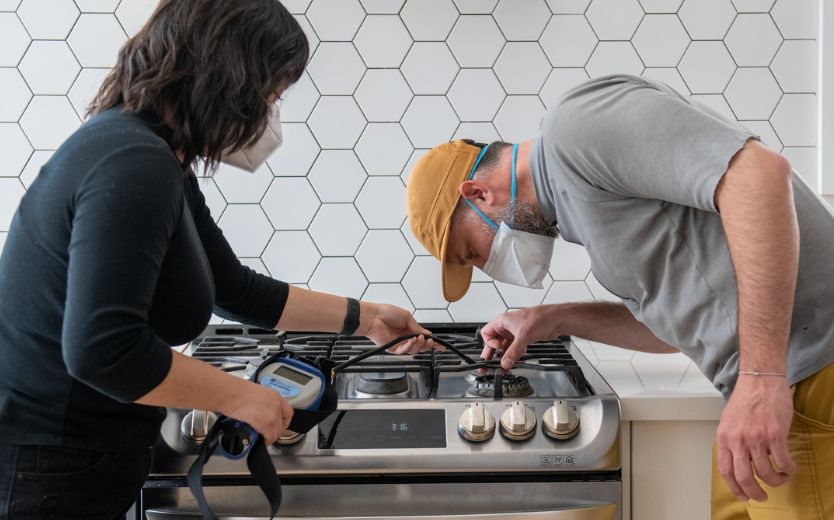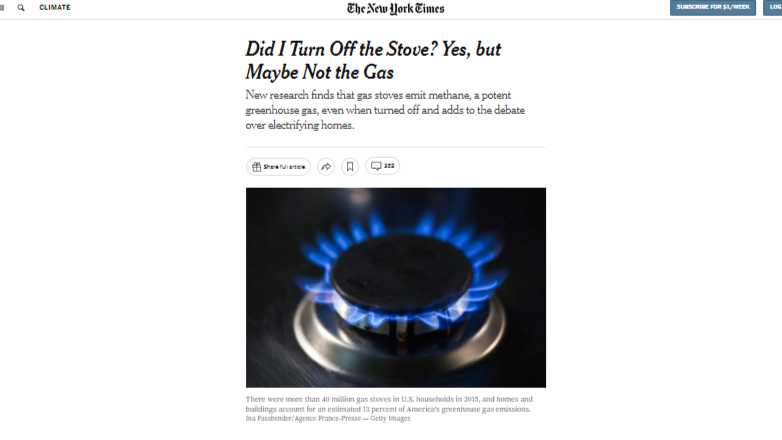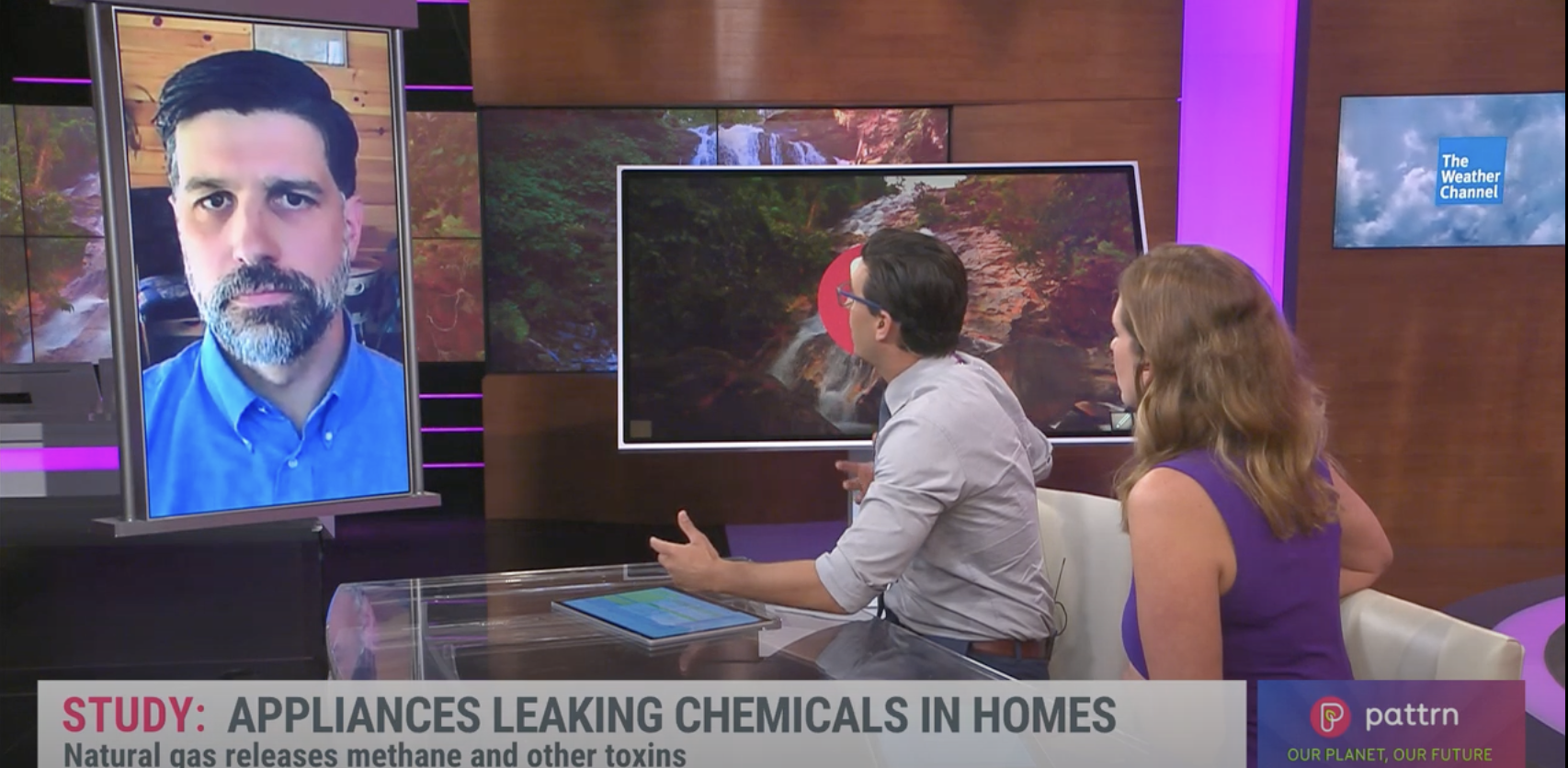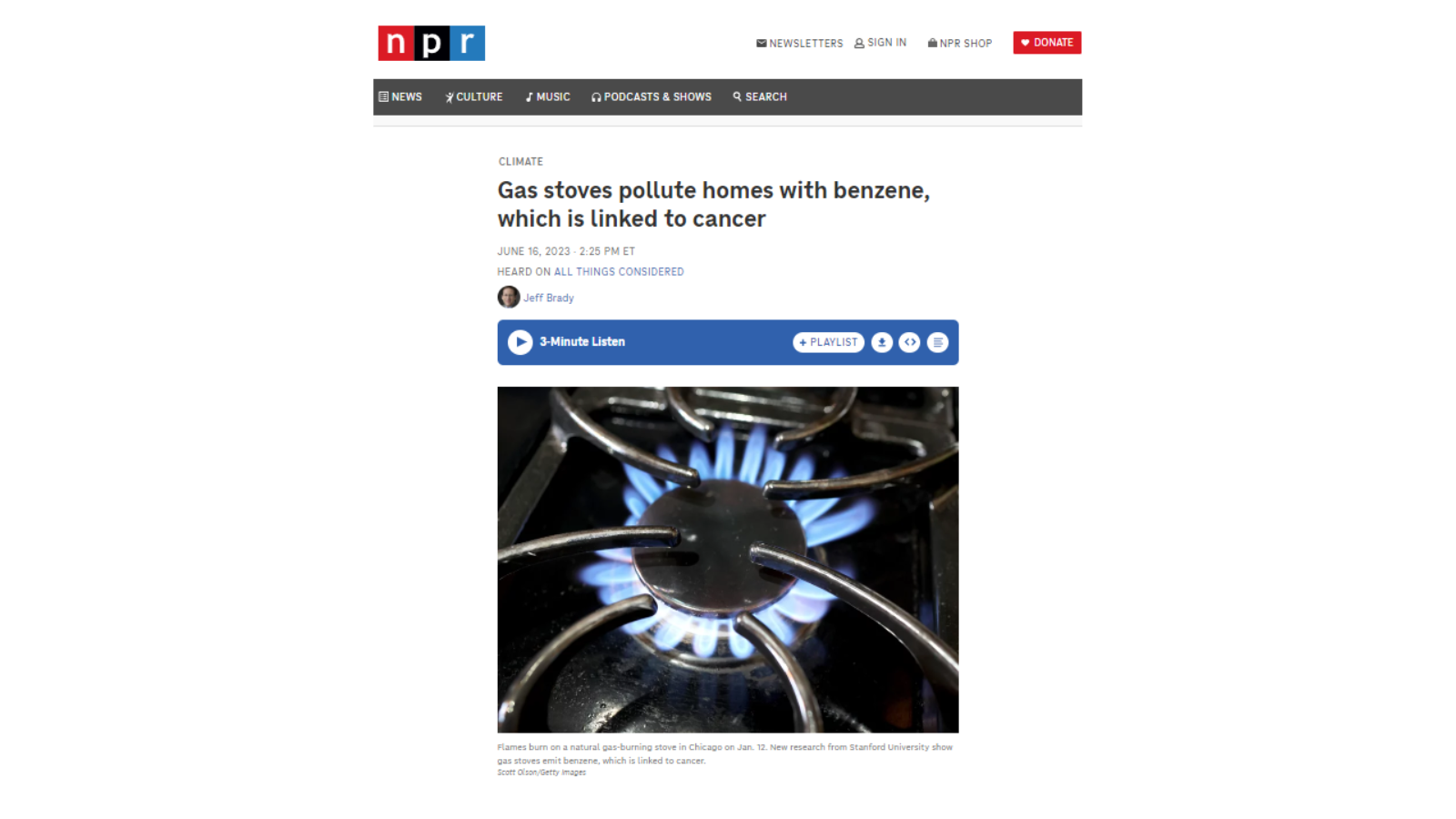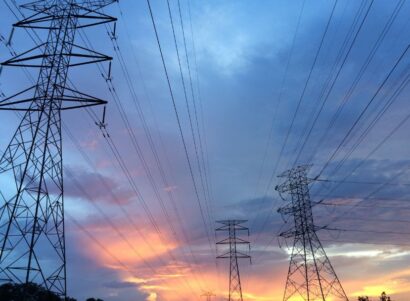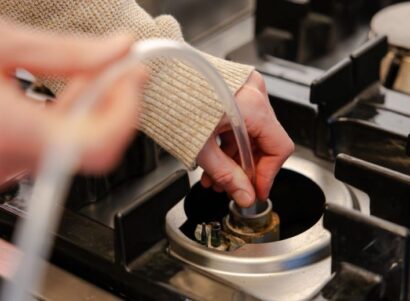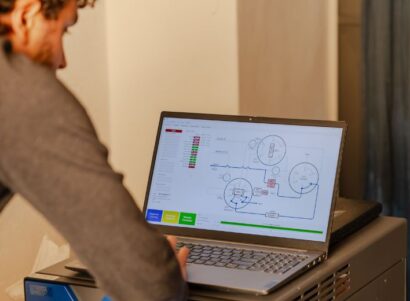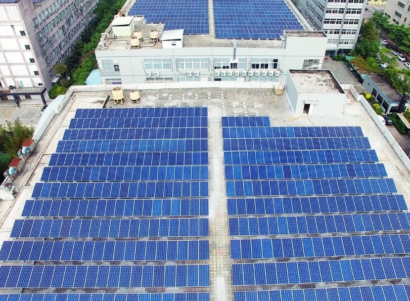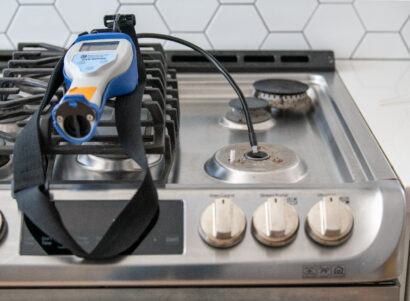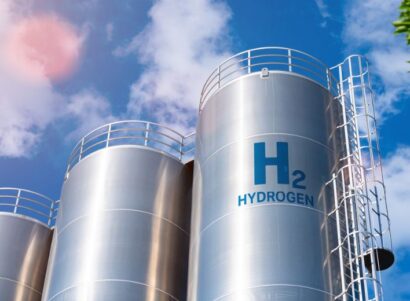PSE Healthy Energy is leading cutting-edge scientific research on the link between methane emissions, air pollution, and public health. As part of this work, our scientists have collected samples of natural gas from kitchen stoves around the globe, compiling the most comprehensive data to date on the presence of hazardous air pollutants in distribution-level natural gas. Our findings have gained international attention and are shifting both scientific and public understanding of the risks natural gas leaks pose to air quality and human health.
Key Scientific Findings
- Gas stoves leak, even when they are off. Natural gas stoves emit 0.8−1.3 percent of the gas they use as unburned methane. At this rate, the researchers estimate that methane leaked from natural gas stoves in the U.S. each year has the equivalent climate impact as the annual carbon dioxide emissions from 500,000 passenger cars. This peer-reviewed study was published in Environmental Science and Technology by researchers at Stanford University and PSE Healthy Energy in January 2022.
- Gas used in homes contains hazardous air pollutants, including benzene. Consumer-grade natural gas supplied to Massachusetts homes contains at least 21 different hazardous air pollutants, many of which are known to be toxic, linked to cancer, and can impact air quality at any point where gas is leaked. This peer-reviewed study was published in Environmental Science & Technology by researchers at Harvard T.H. Chan School of Public Health, Boston University, HEET, and PSE Healthy Energy in June 2022.
- Even small leaks from gas stoves can impact indoor air quality. Hazardous air pollutants are ubiquitous in natural gas throughout California. When stoves are off, low-level gas leaks can generate benzene concentrations in homes up to seven times California’s recommended exposure limit. This peer-reviewed study was published in Environmental Science & Technology by PSE Healthy Energy in October 2022.
- Gas stove combustion can raise indoor levels of the benzene above those in secondhand smoke. Lighting a single gas cooktop burner on high, or setting a gas oven to 350 degrees Fahrenheit emits benzene that impacts air quality throughout the home. This peer-reviewed study was published in Environmental Science & Technology by researchers from Stanford University and PSE Healthy Energy in June 2023.
Bringing Science to Energy Policy
Media Coverage
Combined media reach
Mentions in the press
We proactively bring science to energy policy through integrated science communications, including media relations, stakeholder engagement, and advising. In the year following the publication of PSE’s first gas stove study, gas stoves were mentioned over five thousand times in news publications around the globe—representing a dramatic increase from the 322 total mentions within the previous year. During the same period, PSE scientists were cited over 1,200 times in news articles that have a combined reach of 3.2 billion people worldwide.
PSE Senior Scientist, Eric Lebel interviewed by CBS News
Science Advising and Public Engagement
Our scientists directly shared their findings with over 3,400 relevant stakeholders in 2022 alone by serving as panelists at webinars, public briefings, conferences, and other online events.
Our scientists served as scientific advisors to government officials and other relevant policy makers across the United States, including briefing members of the U.S. House of Representatives Sustainable Energy & Environment Coalition on the latest scientific findings.
Looking Ahead
PSE has collected samples of natural gas from kitchen stoves and other household appliances in over 20 cities around the globe—and counting. Combined with other PSE research throughout the oil and gas supply chain, these findings represent the most comprehensive data to date on the hazardous air pollutants present in natural gas. Our scientists are using this data as the foundation for new interactive tools that can track potential health and safety risks posed by natural gas leaks in real-time. Learn more about our upcoming kitchen pollutants studies.
